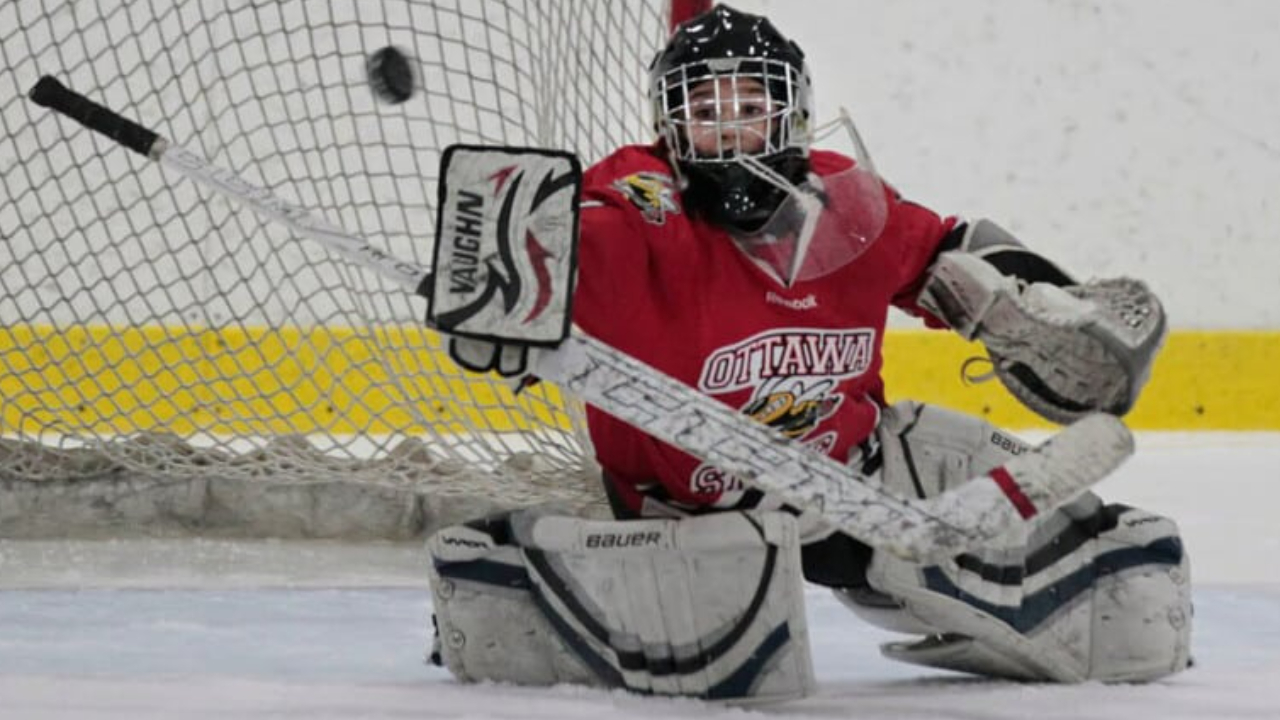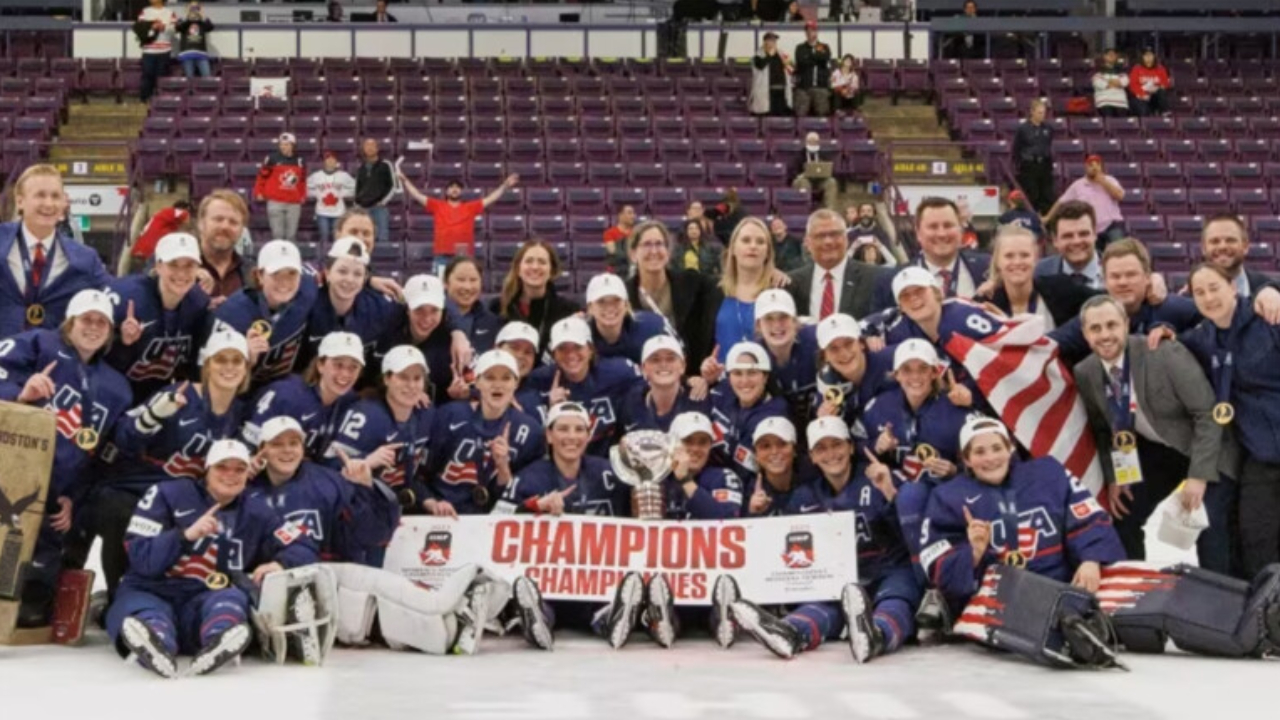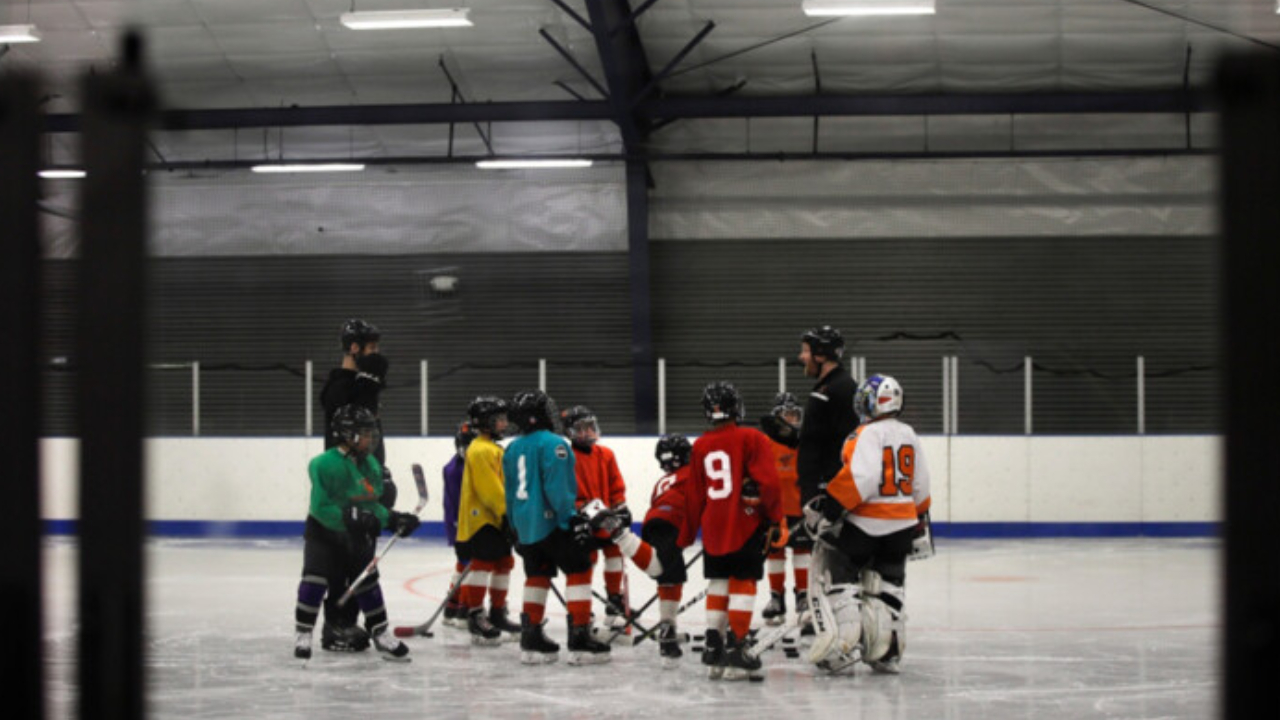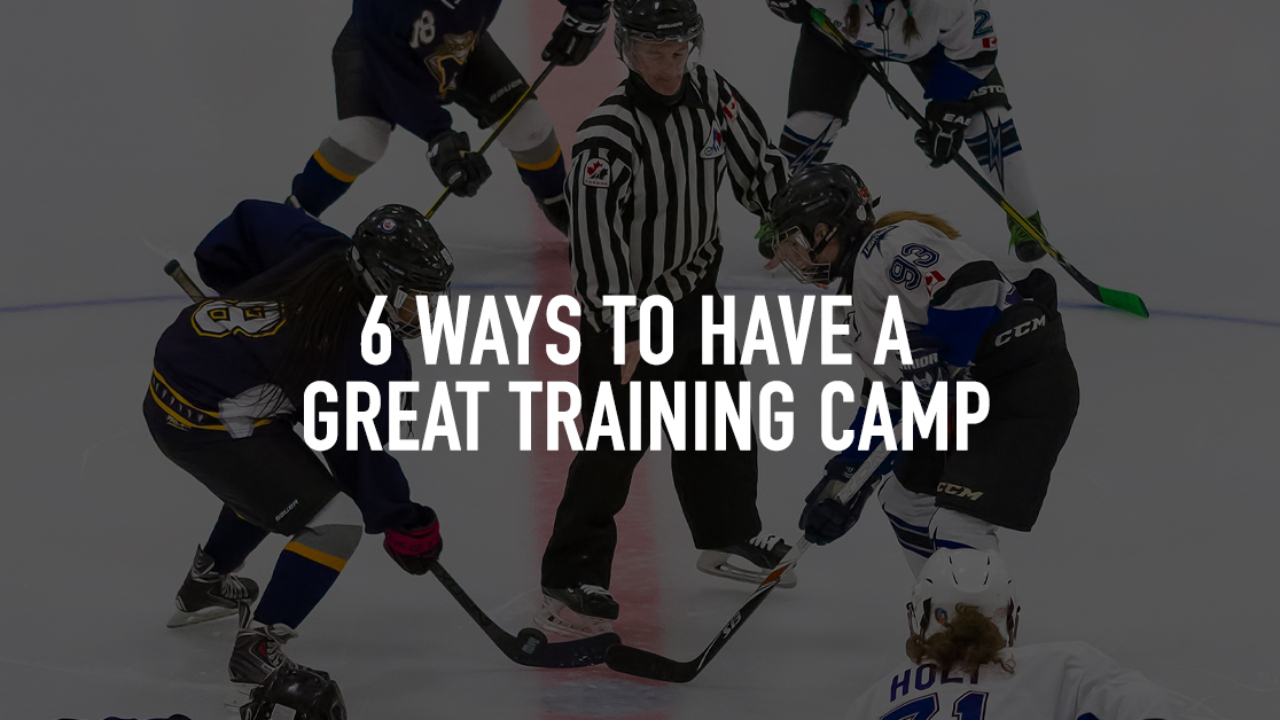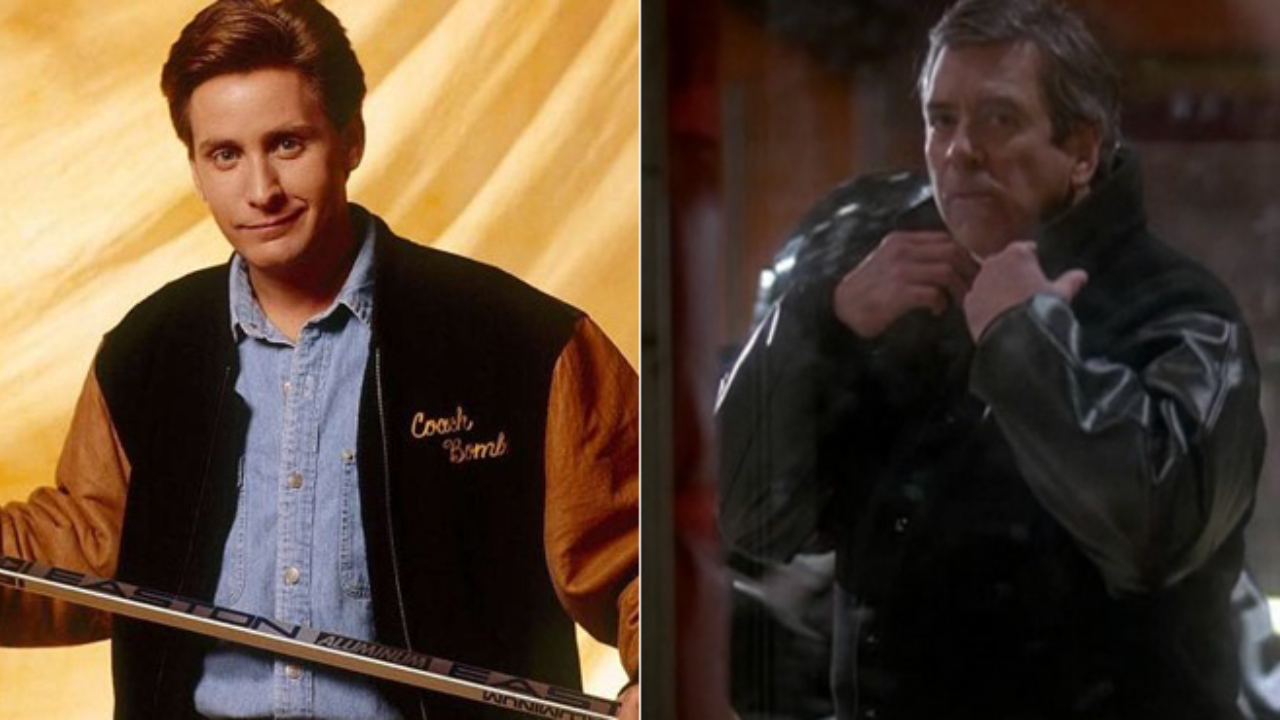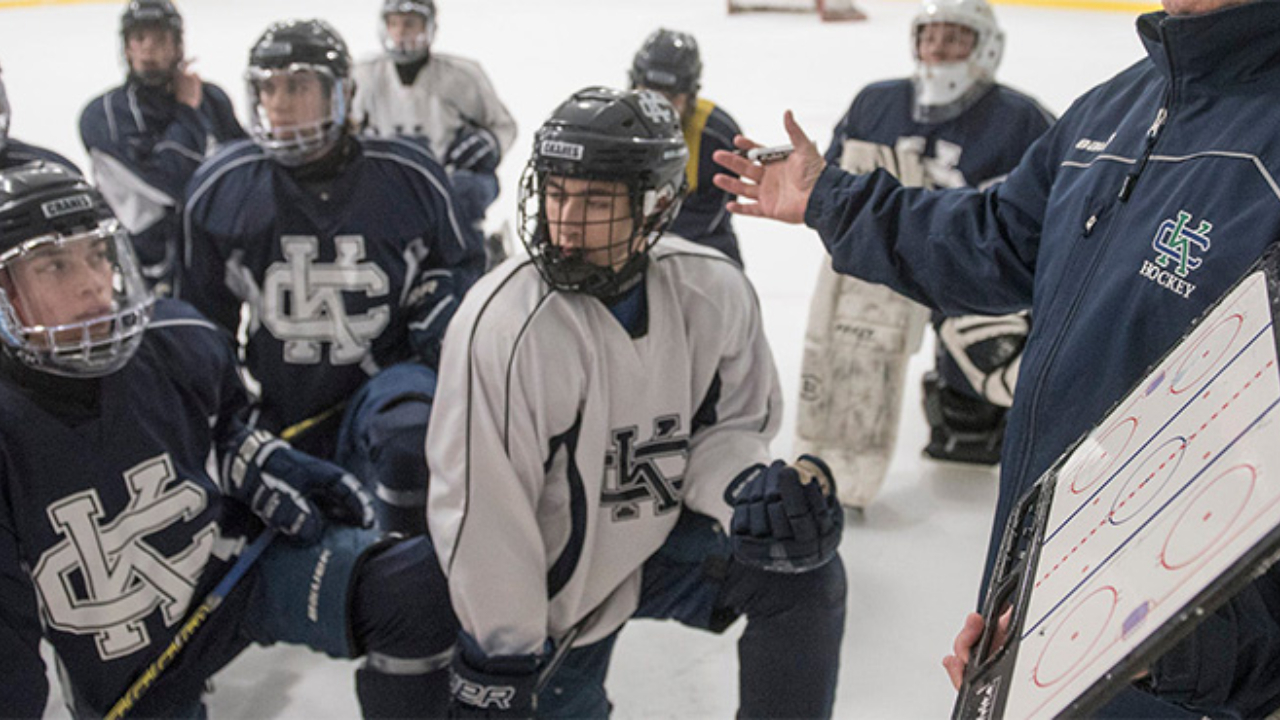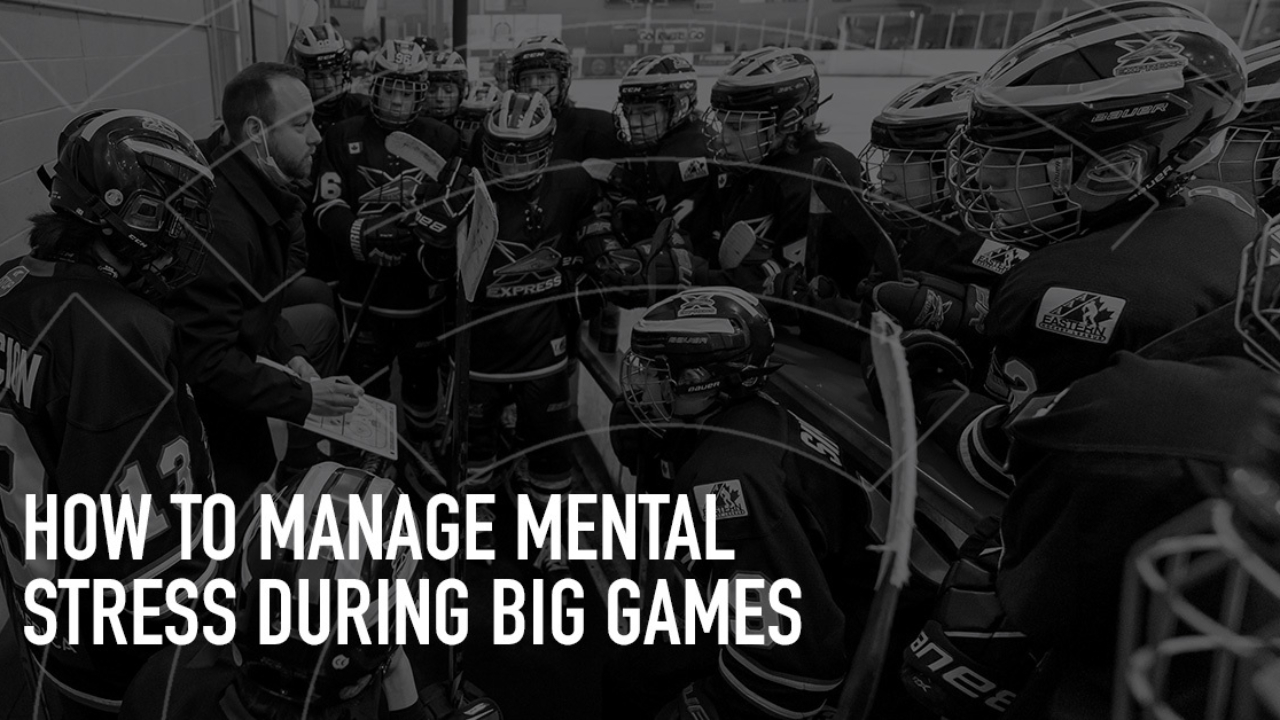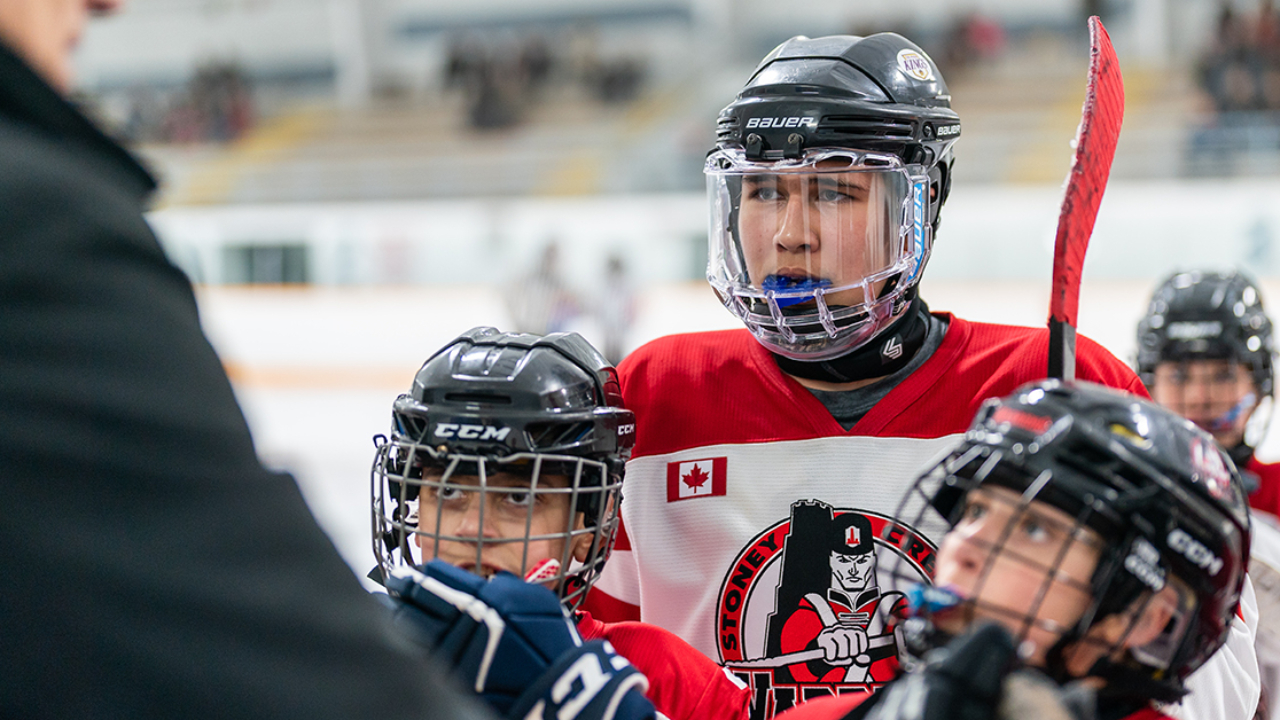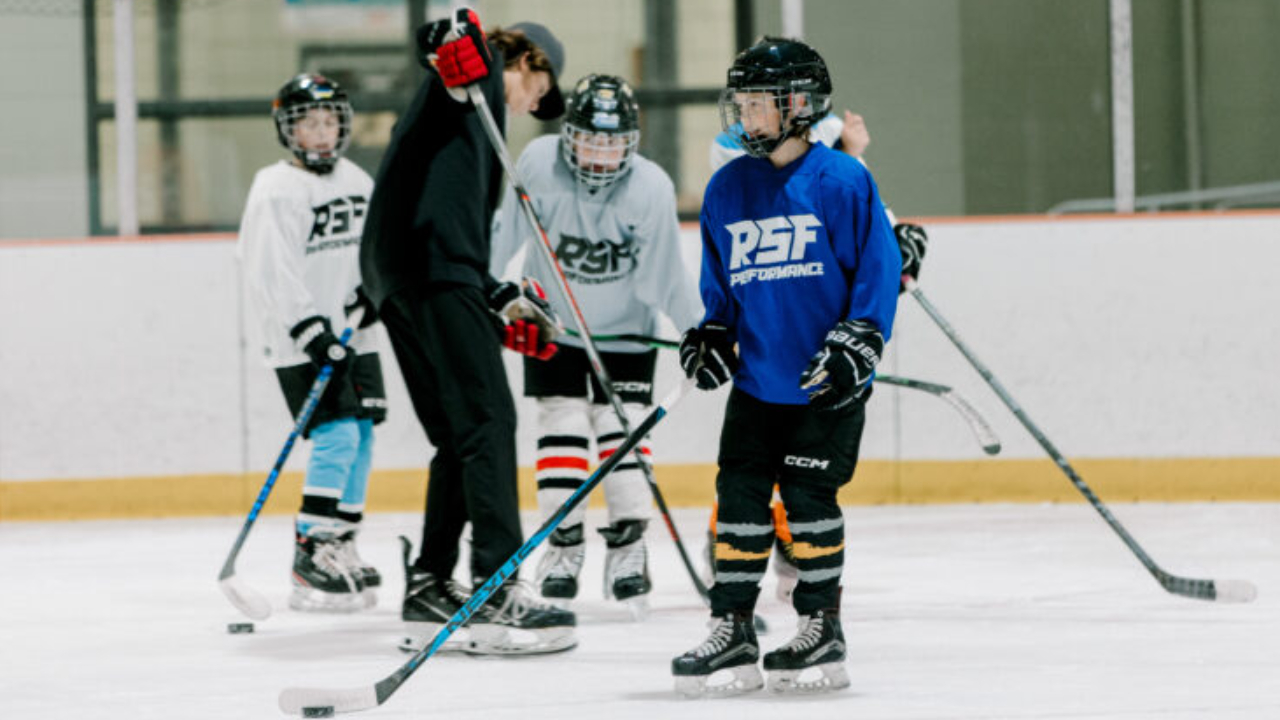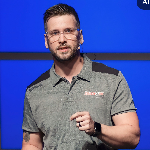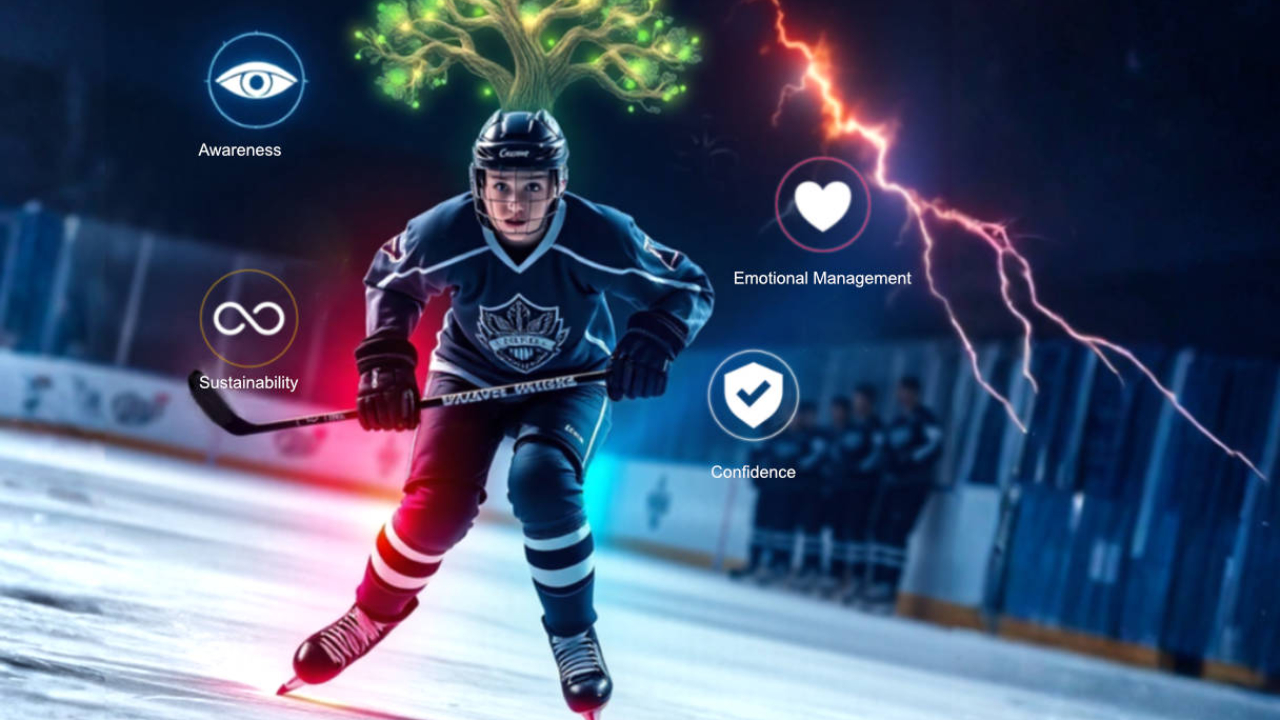
More Than Just Techniques, It’s About Growth and Mastery
In the pursuit of excellence in hockey, many players focus solely on refining their techniques, strengthening their skills, and executing plays to achieve desired outcomes. While these elements are critical to performance, true mastery of the game and of oneself goes beyond mere techniques. It involves managing energy effectively, cultivating the right mindset, and embracing continuous growth. This phase is where the ten approaches that I have derived from the COR.E Performance Dynamics coaching model by IPEC (Institute for Professional Excellence in Coaching) become transformative. By implementing these approaches, hockey players elevate their game and develop into their best selves, both on and off the ice.
The Power of Managing Your Energy
Every player has experienced moments where their performance is hindered not by a lack of skill, but by mental blocks, emotional turbulence, or a loss of focus. These challenges arise because hockey is not just a physical game; it’s a mental, emotional, and energetic one. Managing your energy means optimizing your internal state to consistently bring your best self to the ice. My ten approaches provide a structured way to achieve this.
1. Awareness
Awareness is the foundation of energy management. Recognizing how your thoughts, emotions, and actions influence your performance allows you to adjust in real time. A lack of awareness can lead to unconscious patterns of self-doubt or frustration that sabotage your game. Awareness brings choice, enabling you to shift your energy to higher levels of confidence and engagement.
2. Acceptance
In hockey, errors and setbacks are inevitable. Acceptance is about understanding that imperfection is part of growth. Instead of resisting or dwelling on errors, accepting them as learning opportunities helps you stay present and maintain a high level of performance. This approach fosters resilience and adaptability.
3. Conscious Choice
Great players don’t react; they respond. Conscious choice means making intentional decisions about how you approach challenges, how you interpret situations, and how you engage with your teammates. This empowers players to take control of their energy rather than letting external circumstances dictate their game.
4. Clear Purpose
When you have a clear purpose, whether it’s personal growth, being a great teammate, or playing at the highest level, your actions align with a deeper motivation. These purposes can fuel commitment and perseverance, keeping you engaged even in difficult moments.
5. Engaged Action
Managing energy isn’t just about thinking differently; it’s about translating those thoughts into action. Engaged action means executing with full presence, intensity, and intentionality. It’s about staying locked in during practice and games, pushing yourself when it matters most, and embracing the process of continuous improvement.
6. Emotional Management
Emotions can be the driving force behind peak performance or the reason performance crumbles under pressure. This discipline teaches players how to recognize, regulate, and redirect emotions so they serve rather than hinder their game. Learning to harness emotions like excitement and determination while managing frustration or fear can be a game-changer.
7. Confidence
Confidence is not just a feeling; it’s an energy state. It is built through preparation, self-belief, and trust in your abilities. This teaches players how to cultivate confidence regardless of external outcomes, ensuring they remain composed and effective in high-pressure situations.
8. High-Level Thinking
The way you think determines how you play. High-level thinking is about developing a mastery mindset, focusing on growth, adaptability, and long-term development rather than just immediate outcomes. This mindset helps players stay in the present, embrace challenges, and make smarter, more strategic decisions on the ice.
9. Influence
Hockey is a team sport, and the energy you bring influences those around you. Whether you are a leader on the team or not, your mindset, attitude, and energy impact your teammates. This understanding focuses on learning how to be a positive force, supporting others, and creating a high-energy environment that enhances collective performance.
10. Sustainability
Peak performance is not about occasional brilliance but about consistent excellence. Sustainability means creating routines, habits, and mindsets that allow you to perform at a high level over time without burnout. This discipline ensures that your energy is managed effectively so that you stay mentally and physically fresh throughout the season.
Becoming the Best Version of Yourself—On and Off the Ice
Hockey is more than a game; it’s a journey of personal evolution. Implementing these ten approaches doesn’t just make you a better hockey player; it makes you a better person. Learning to manage your energy helps you develop resilience, leadership, discipline, and a mindset that translates into all areas of life.
The true measure of success isn’t just the number of goals scored, shots saved, or games won, but the person you become in the process. By committing to energy management and these core approaches, you unlock your full potential, allowing you to play with confidence, joy, and purpose every time you step on the ice.

